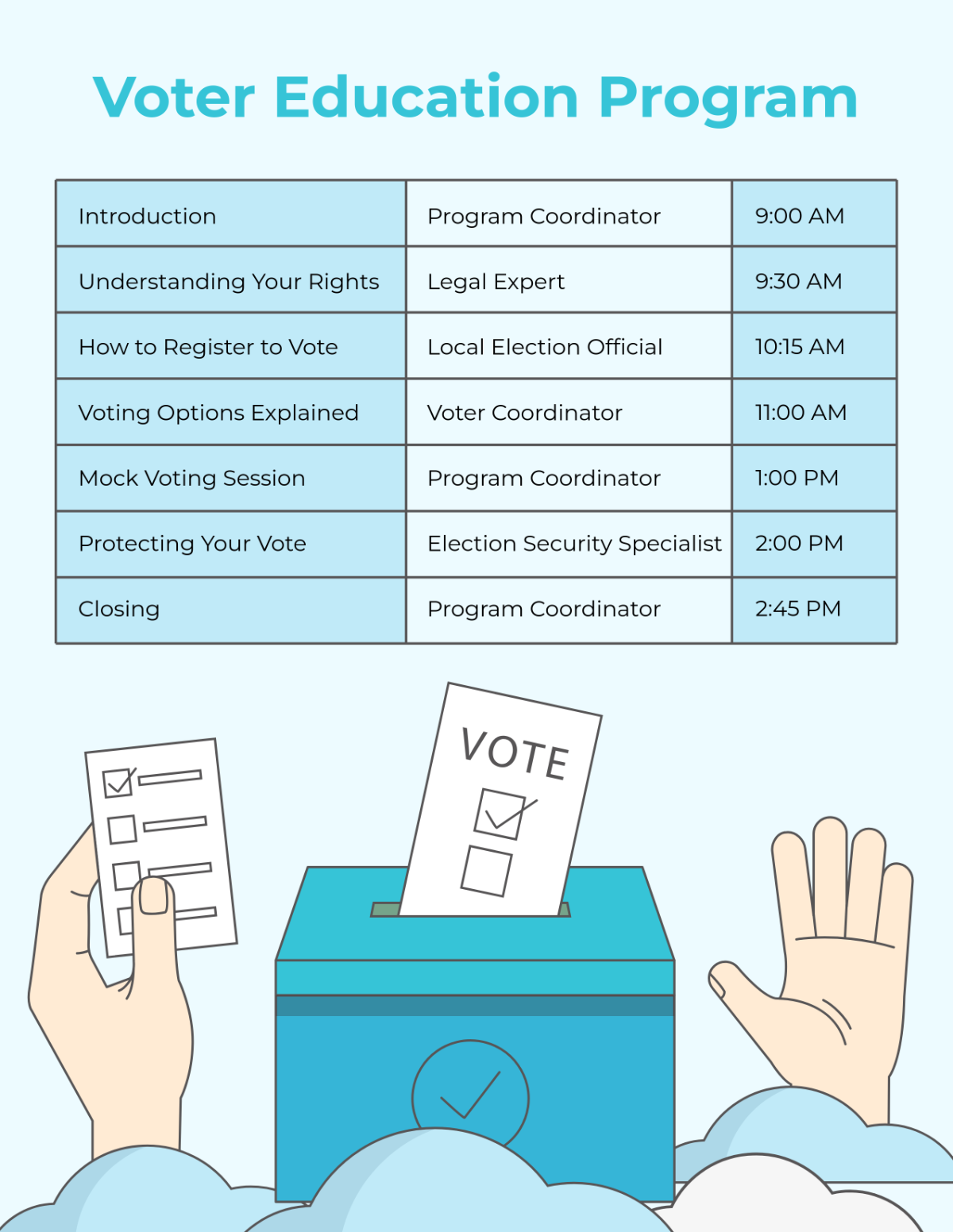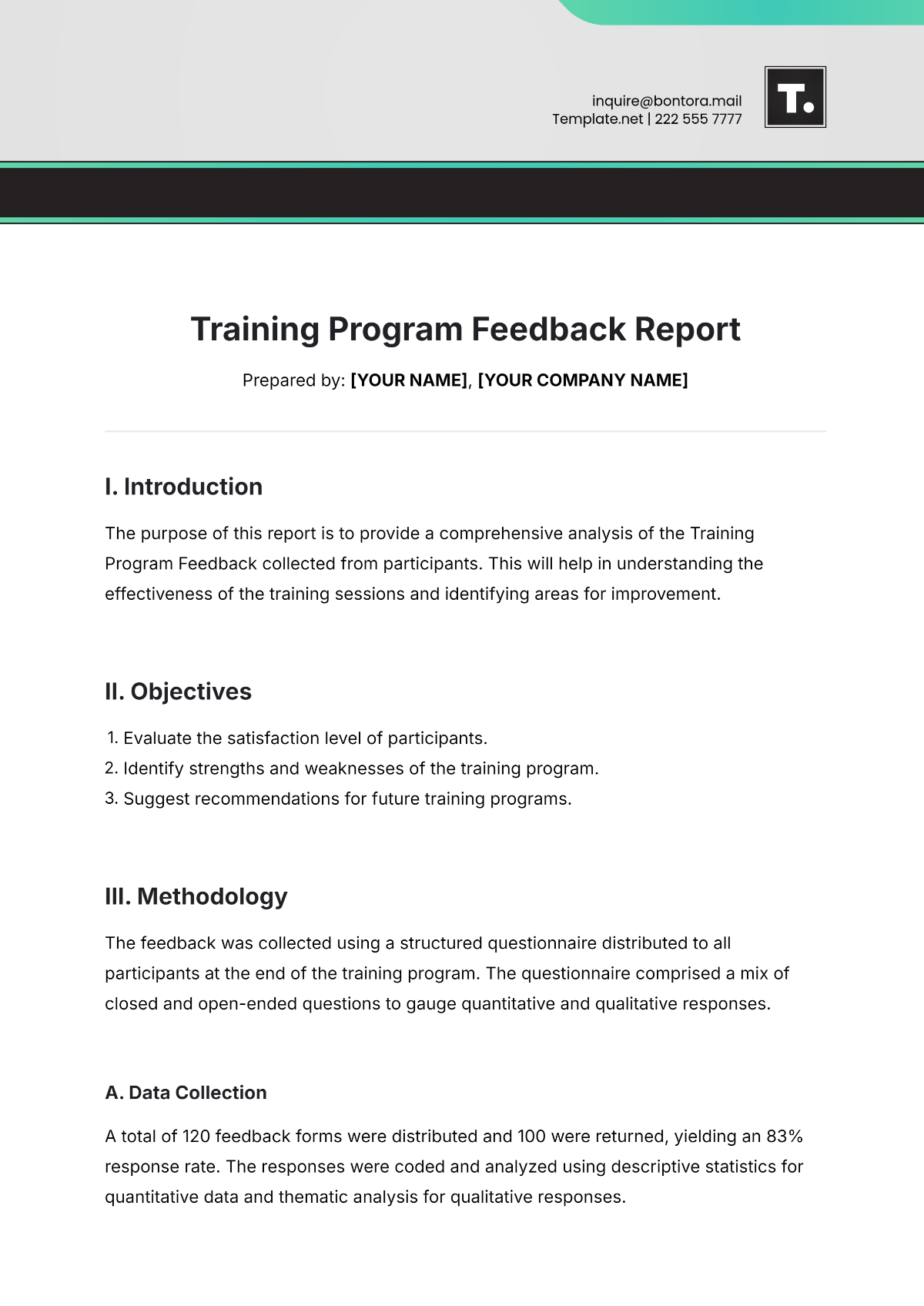Justice Program Qualitative Research
Researcher: [Your Name]
Date: [Date]
I. Introduction
Justice program qualitative research is an investigative approach aimed at delving into the lived experiences, perceptions, and outcomes associated with justice programs. This research method emphasizes gathering non-numerical data through various techniques such as interviews, observations, and case studies. The primary objective is to uncover detailed insights into how justice programs operate, their impacts on individuals and communities, and areas where enhancements are needed to improve overall effectiveness.
II. Literature Review
Qualitative research within justice programs builds upon the broader field of qualitative social science research. Previous studies have underscored the significance of capturing the lived experiences of those involved in justice programs, including participants, administrators, and community members. Key themes identified in prior research include:
Perceptions of Fairness and Justice: Studies have shown that the fairness perceived by participants significantly influences their engagement and outcomes in justice programs.
Impact on Recidivism Rates: Research has highlighted how justice programs affect recidivism, with some programs demonstrating a notable decrease in reoffending.
Community Engagement and Support: Effective community involvement has been linked to greater success in reintegrating participants and fostering long-term positive outcomes.
Cultural Competence and Inclusiveness: Understanding and addressing cultural differences are crucial for the success of justice programs.
Barriers to Effective Implementation: Common challenges include inadequate resources, insufficient training, and resistance from community stakeholders.
Notable contributions in this field include Patton's (2050) comprehensive exploration of qualitative methods for program evaluation and Guba and Lincoln's (2051) advanced frameworks on naturalistic inquiry and its application to contemporary justice research.
III. Methodology
This research utilized a qualitative framework to gain in-depth insights into justice programs. The methodology involved:
Interviews: Conducting semi-structured interviews with a diverse range of participants, including program beneficiaries, administrators, and community stakeholders, to gather comprehensive perspectives.
Observations: Implementing participatory observations within various program settings to contextualize the collected data and understand program dynamics.
Case Studies: Developing detailed case studies of selected justice programs to provide in-depth narratives and examine their operational and impact aspects.
The research tools, such as interview guides and observation protocols, were crafted to capture rich, descriptive data. Sampling was purposive, designed to ensure a wide array of perspectives and experiences were represented.
IV. Findings
Analysis of the collected data unveiled several significant findings:
Effectiveness: A substantial number of participants reported positive behavioral changes and a reduction in recidivism, indicating that many programs are effective in achieving their goals.
Perceived Fairness: The sense of fairness and respect experienced by participants was often highlighted as a critical factor in the success of justice programs.
Barriers: Common obstacles identified included inadequate funding, insufficient staff training, and a lack of community support, which hindered the effectiveness of some programs.
Community Impact: Programs that incorporated robust community involvement tended to exhibit higher success rates in participant reintegration and overall effectiveness.
IV.I Key Findings Summary
Key Finding | Description |
|---|---|
Effectiveness | Participants reported positive changes in behavior and reduced recidivism. |
Perceived Fairness | The perceived fairness of the programs significantly impacted their success. |
Barriers | Lack of funding, inadequate training, and community support were common issues. |
Community Impact | Programs with community involvement showed higher success rates. |
V. Discussion
The findings underscore the complexity of justice programs and the essential role of qualitative research in understanding these complexities. By capturing the nuanced experiences of participants and stakeholders, this research provides valuable insights for refining and enhancing justice programs.
Recommendations for improvement include:
Increased Funding and Resources: Allocating more financial resources to ensure adequate staffing and program materials.
Enhanced Training for Staff: Providing comprehensive training to improve program delivery and address cultural competencies.
Greater Community Engagement: Strengthening community support and involvement to improve program effectiveness.
Continuous Monitoring and Evaluation: Implementing ongoing qualitative evaluations to adapt and improve programs based on evolving needs and insights.
VI. Conclusion
Qualitative research offers critical insights into the experiences, perceptions, and outcomes associated with justice programs. By employing interviews, observations, and case studies, this research provides a deeper understanding of program effectiveness, challenges, and potential areas for improvement. Utilizing these qualitative insights can help practitioners and policymakers develop more effective, equitable, and inclusive justice programs, ultimately leading to better outcomes for participants and the broader community.
VII. References
Patton, M. Q. (2050). Qualitative Research & Evaluation Methods (4th ed.). Sage Publications.
Guba, E. G., & Lincoln, Y. S. (2051). Naturalistic Inquiry Revisited. Sage Publications.

















































